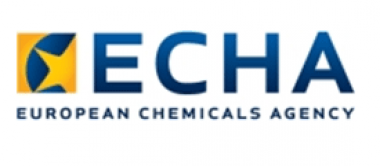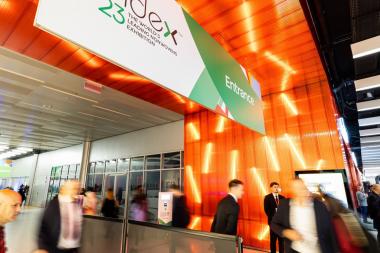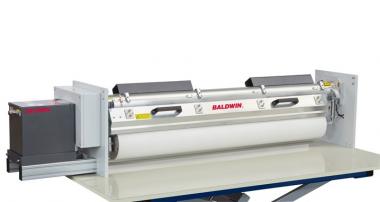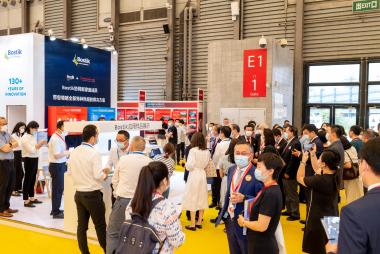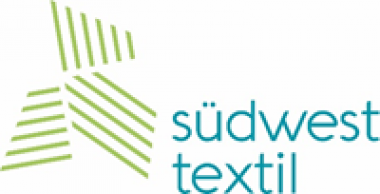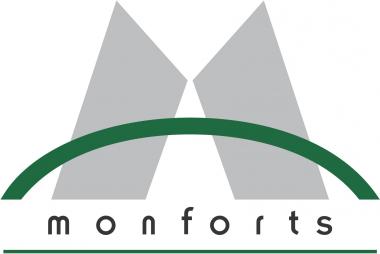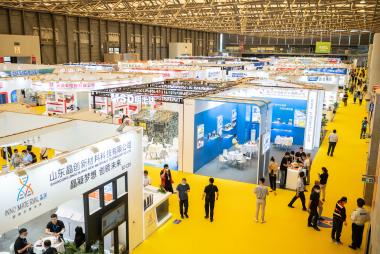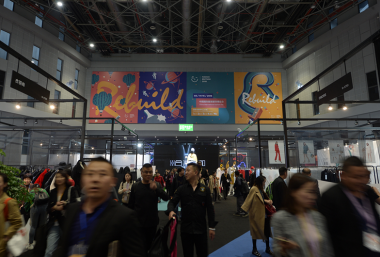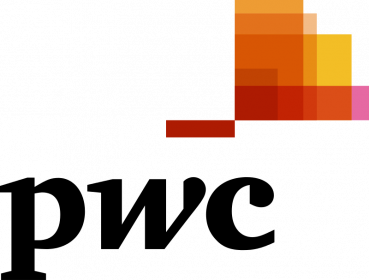One in three checked biocidal products found to be non-compliant
EU-wide enforcement project found about 60 active substances in biocidal products that are not allowed on the EU, EEA and Swiss markets. One in three of the checked products did not comply with at least one of the checked legal requirements.
Helsinki, 21 November 2023 – The national enforcement authorities in 29 countries checked over 3 500 biocidal products. Overall, 37 % of the checked biocides were non-compliant with at least one of the checked legal requirements.
18 % of checked products were non-compliant with fundamental requirements that affect their safe use. Most of them either lacked a product authorisation or included non-allowed active substances. Most biocides with such major non-compliance were disinfectants, insecticides, and repellents/attractants. Inspectors found about 60 active substances that are not allowed in these products. All products that lacked authorisation or contained non-allowed active substances were withdrawn from the market. In some cases, criminal complaints or fines were issued.
The remaining 19 % non-compliant products were found to have minor deficiencies that did not affect safe use such as missing contact information of the supplier. In these cases the national enforcement authorities gave advice or administrative orders.
Much non-compliance was found in disinfectants sold to consumers. 265 disinfectants out of nearly 1 900 that were checked (14 %) were found to be non-compliant. This included serious compliance deficiencies such as lacking authorisation or incorrect labelling that usually led to the withdrawal of the disinfectants from the market.
The inspectors focused on disinfectants because new manufacturers entered the market with biocidal products at the early stages of the COVID-19 pandemic. Many of those disinfectants were not fully compliant with the EU’s Biocidal Products Regulation (BPR) and the related national transitional requirements for biocides.


